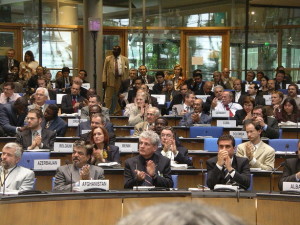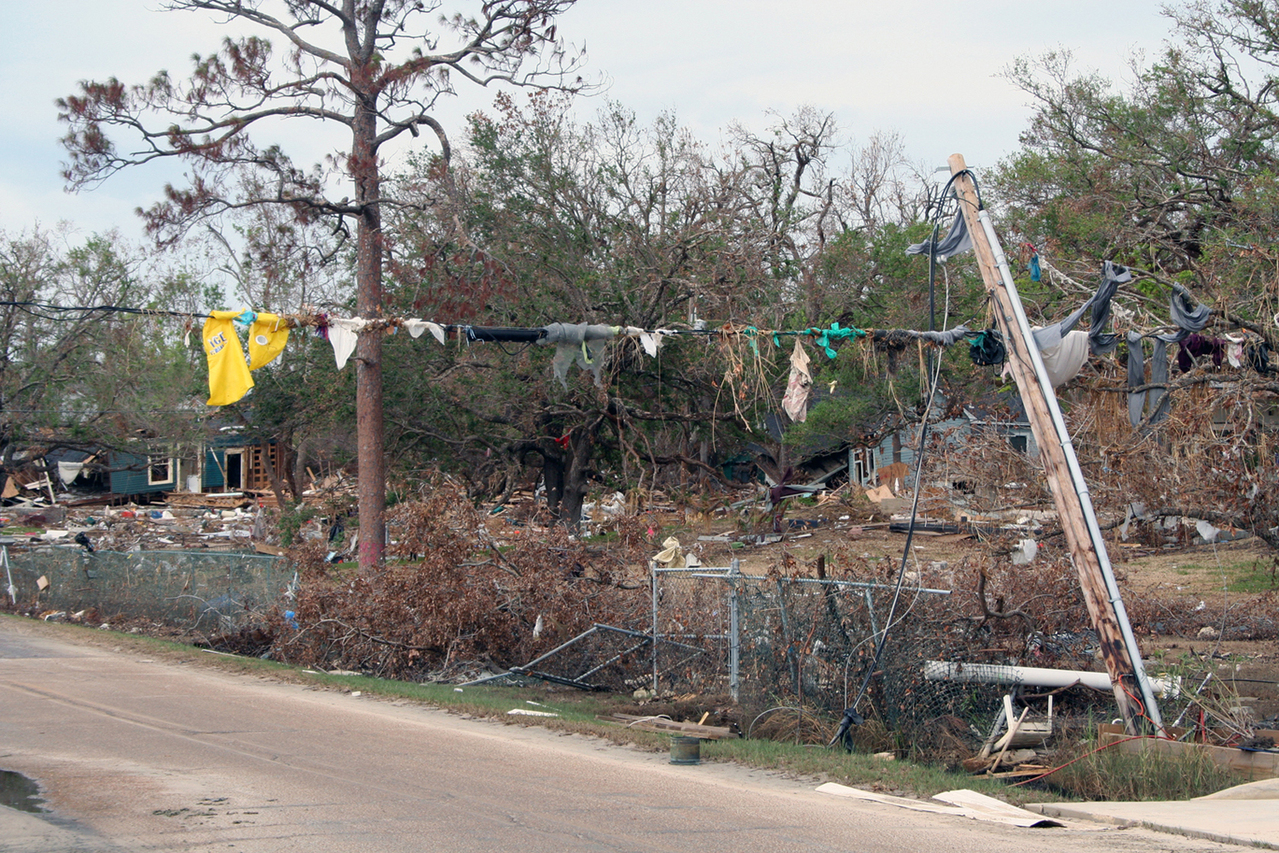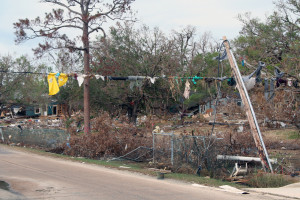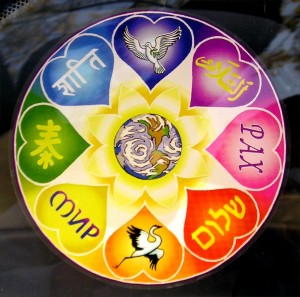China and Westernization/Modernization
Through the 26 dynasties that made up its history until 1911, China developed a unique culture, strongly rooted in a visual aesthetic and a behavior code rooted in Confucianism, Buddhism, and Taoism.
The 20th Century saw several massive shifts. The Qing Dynasty fell and the Republic of China was formed under Dr. Sun Yat-Sen. The Japanese invaded in the 1930s. Led by Mao Tzedung, Communists forced out Sun’s successor, Chaing Kai-Shek. Mao’s 1960s-70s Cultural Revolution deliberately abandoned (and criminalized) both Chinese and Western traditions. After Mao’s death, new leaders starting with Deng Xao Ping began to embrace western-style capitalism, both by encouraging Chinese entrepreneurs and by inviting western companies in.

Today, in Shanghai, it’s hard to find the old China. The wide boulevards are lined with stores like H&M, Apple, and Starbucks (we were told the coffee chain has over 180 locations in the city). Billboards advertising glitzy western luxury goods—and using about 15 western models for every image of a Chinese. Recent construction waves favor enormously tall highrise apartment buildings going out for miles from the city center (and we were told that most have only two elevators). If the residential areas are not 60-storey megatowers, they’re either Soviet-style cheap apartment buildings of 20 storeys or so, or six-storey walk-ups—both constructed in massive numbers following the Communist takeover. Bicycles have been largely pushed out by electric mopeds, and cars are crowding those off the road. Highways are layered up to four deep at some complex intersections, with crazy systems of ramps spiraling from level to level.
In Beijing, the situation is similar, but many old hutongs—close-knit neighborhoods in one- and two-storey buildings—still flourish. Of course, the majority have been torn down for new construction, but the remaining ones are easy to spot. Also, many important historic sites and temples remain open in and around Beijing.
But in Shanghai, the extremely toursity neighborhood of Old Shanghai—with 500-year-old buildings hosting a lot of western quick service restaurants—is almost the only respite we saw from new construction except the Bund, whose riverside prerevolutionary hotels and trade edifices are mostly about a century old. The entire Pudong (eastern) side of the city is new, with some 8000 skyscrapers constructed on former farmland since about 1990, and the population doubling from 12 to 25 million.
We saw surprisingly few industrial areas (of course, we weren’t in factory cities like Guangzhou or Wuhu). And we also saw remarkably little evidence of China’s role as a world leader in solar. While most buildings have visible solar hot water systems, we saw almost no photovoltaic. Given China’s major air pollution problems and its heavy reliance on dirty fuel (especially coal), it’s surprising to me that more solar hasn’t been installed where it’s suitable (and there are plenty of them).
One of the West’s more obvious exports to China is status consciousness. Although places to live are expensive and hard to find, motor vehicle registration plates cost up to $15,000 in Shanghai, and imported luxury goods are taxed at 300 percent even if they’re made in China in the first place, all four cities we visited include a significant population that buys expensive clothes and expensive cars. In Shanghai, I saw a Ferrari, three Porsches, numerous Audis and Mercedes, a few Range Rovers, and several other luxury/sports cars I couldn’t identify. Of course, there were plenty of cheaper cars. In the business districts, the streets are full of fashionistas—not to the extent of Milan or Barcelona, but far more than, say, Boston. Chinese women with lots of disposable income shop at Prada and Sephora, while those with fewer resources go to the many bargain stores. Two of our guides made the same joke about getting to work by BMW: Bus/Metro/Walking. One of them also told us that single Chinese women in their thirties (who can be pretty choosy, because men outnumber them significantly) look for men with “five cs:” Condominium, Cash, Career, Car—and Cute (in that order).
We heard that people who go abroad bring back as much as they can and share it with their friends, to save on that 300 percent tax.
In some ways, the country is modernizing and westernizing rapidly. A lot of people drink western-style soft drinks as well as coffee, and the cities are full of large hotels now.—many of them connected with an american or European brand. Public bathrooms in many tourist attractions and better restaurants include at least one western-style toilet.
Yet at the same time, the average wage for people outside the capitalist sector is quite low, and those who were not into fashion were often somewhat shabbily dressed.
And while the subways are fully bilingual, it was shocking how few people even in high-tourist-contact jobs had any English at all. The hucksters knew how to name prices and negotiate them, but even staff at airlines and hotels often had no English. I don’t go around the world expecting English to always be available. I was not shocked that our innkeeper in remote Goreme, Turkey or a store manager in a small town in the mountains of the Czech Republic spoke no English—but I do expect that the cabin crew on a flight from Shanghai to New York will have basic conversational English. This was apparently unrealistic. Over and over again, we encountered people who simply did not have the language to answer even very simple questions. However, even ordinary folks in non-tourist neighborhoods were skilled at communicating despite the language barrier. Talking at us nonstop and gesticulating, they usually got their point across. And those few we encountered who do speak English had excellent fluency; we didn’t encounter any half-baked attempts of people with just enough English to confuse.
Although China recognizes more than 40 ethnic groups, Han Chinese make up 92 percent of the country. Considering that some areas, like Tibet or the Muslim Uigur area bordering Central Asia, are majority non-Han, that means the cities I visited are almost monoethnic. As white westerners, we were constantly gawked at and asked to pose for selfies, especially by Chinese tourists from far-away regions. A young blonde in our group got it far more often than the rest of us.
Shel Horowitz’s latest book, Guerrilla Marketing to Heal the World, shows how to turn hunger and poverty into sufficiency, war into peace, and catastrophic climate change into planetary balance—using the power of the profit motive.








